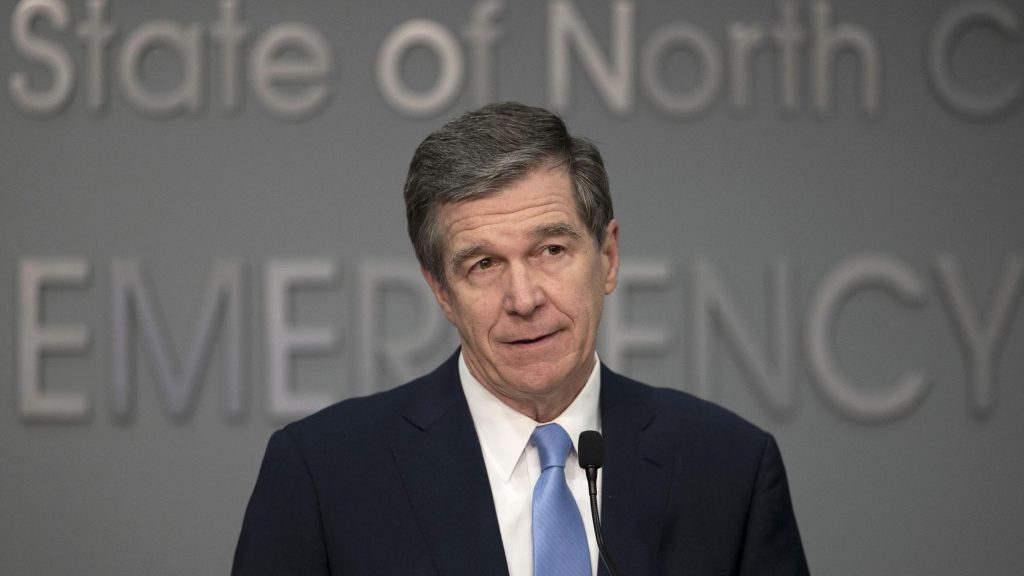
Amid the COVID-19 “crisis”, Governor Cooper has issued emergency orders limiting the free travel and free association rights of the people of North Carolina. These orders have closed businesses and caused great economic harm.
But are they legal?
The legal authority appears to come from North Carolina General Statutes at Chapter 166A in the Emergency Management Act. Specifically relevant is NCGS 166A-19.30, which can be found here.
At subsection (b), we find the following (emphasis mine):
(b) During a gubernatorially or legislatively declared state of emergency, with the concurrence of the Council of State, the Governor has the following powers:
(1) To direct and compel the evacuation of all or part of the population from any stricken or threatened area within the State, to prescribe routes, modes of transportation, and destinations in connection with evacuation; and to control ingress and egress of an emergency area, the movement of persons within the area, and the occupancy of premises therein.
(2) To establish a system of economic controls over all resources, materials, and services to include food, clothing, shelter, fuel, rents, and wages, including the administration and enforcement of any rationing, price freezing, or similar federal order or regulation.
(3) To regulate and control the flow of vehicular and pedestrian traffic, the congregation of persons in public places or buildings, lights and noises of all kinds, and the maintenance, extension, and operation of public utility and transportation services and facilities.
(4) To waive a provision of any regulation or ordinance of a State agency or a political subdivision which restricts the immediate relief of human suffering.
(5) To perform and exercise such other functions, powers, and duties as are necessary to promote and secure the safety and protection of the civilian population.
The first section highlighted above says “with the concurrence of the Council of State” clearly stating that the Governor’s power to do the things that follow are dependent on the concurrence of the Council of State.
I am not aware that there is concurrence of the Council of State with these orders, in which case they would be illegal.
Who is the Council of State?
The North Carolina Council of State is the collective name for the senior executive offices in the Government of North Carolina, established by the North Carolina Constitution. It includes the following:
Governor
Lieutenant Governor
Secretary of State
Auditor
Treasurer
Superintendent of Public Instruction
Attorney General
Commissioner of Agriculture
Commissioner of Labor
Commissioner of Insurance
Does Cooper have concurrence?
When I look at the list of offices comprising the Council of State and consider the reputations and political affiliations of the incumbents, I find it highly unlikely.
As clearly stated in NCGS 166A-19.30(b), if Governor Cooper does not have the concurrence of the Council of State, his emergency orders are illegal.
